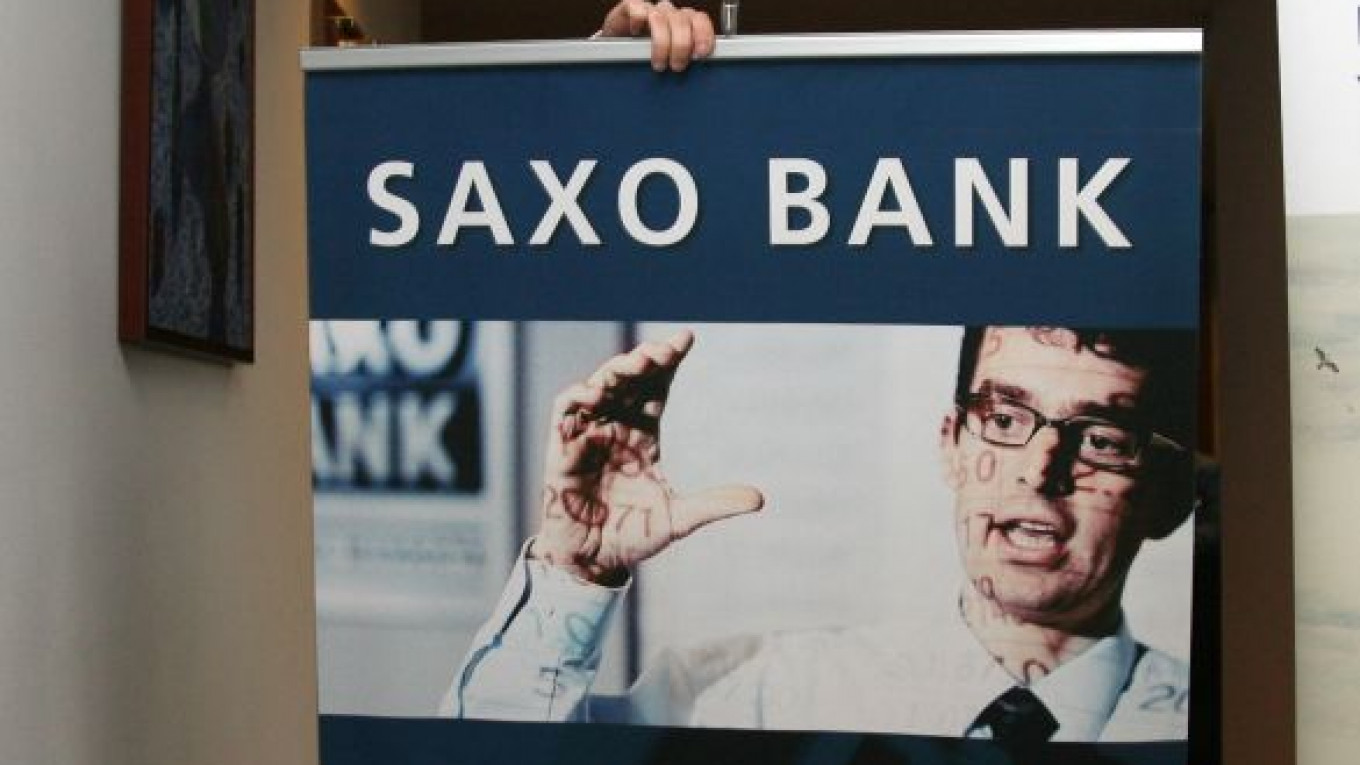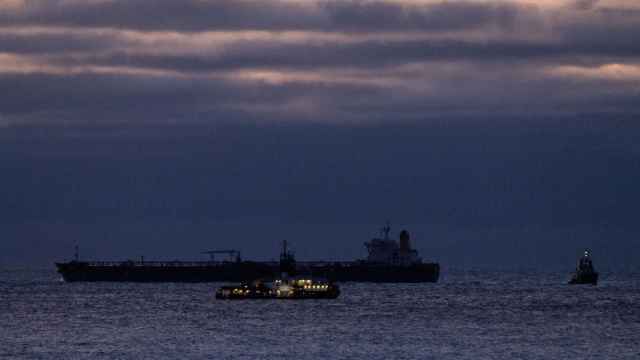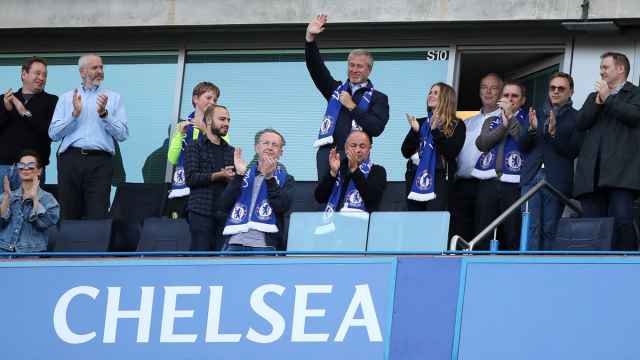Russia's economic fate hangs in the balance and will depend on the outcome of the March 4 presidential election, Danish investment group Saxo Bank said Tuesday.
While the political dust is still hanging and the return of Prime Minister Vladimir Putin to the country's top job is not confirmed, investors are likely to stay on the sidelines, said the online brokerage's chief economist, Steen Jakobsen.
"Russia has a couple of exciting months ahead," Jakobsen told a news conference. "And then we have to decide whether the glass is half full or half empty."
Moscow is preparing for its next big street protest on Feb. 4, one month before the presidential vote and symbolically on the same day as a massive protest against Communist Party rule 22 years ago.
Jakobsen said high capital outflows, which surged in the fourth quarter to reach $84.2 billion last year, were also a worrying sign for investors who hesitate when they see locals moving their money abroad.
But whatever the tussling over the Kremlin's top job, the investment bank said institutional reform in Russia was inevitable. The political establishment knows that reforms are rational, Jakobsen said, "It is just a matter of whether it will be baby steps or big steps."
"In 2008 [during the last economic crisis] the politicians thought they had a toolbox, but now they only have a hammer," he said.
Putin penned a 5,000-word article published in Vedomosti on Monday that criticized Russia's business environment and laid out his economic vision for the country.
If even 10 percent of what Putin indicated as his aspirations for the economy was implemented, Jakobsen said, "There is an increased possibility that the ruble will become an investment currency." Russia's currency has traditionally been tied to the price of commodities. Putin said in his article that 25 percent of gross domestic product is linked to commodity exports.
According to the bank's forecasts, Russia's growth will slow in 2012 while the oil price will remain at about its current level of $110 a barrel.
Saxo Bank, which was set up in 1992, is known, however, for its provocative predictions about the global economy. They said 2012 will be the year of a "perfect storm" whipped up by the inability of politicians to deal with unsustainable debt burdens. Economic systems across the world are "all failing miserably," Jakobsen added Tuesday.
But the investment bank's macroeconomic predictions more often than not do not come to pass. In their 10 "outrageous predictions" for 2011, they said Moscow's RTS Index would surge to 2,500 points. At its annual peak in the first quarter of 2011 the bourse traded at 2,123 points.
A Message from The Moscow Times:
Dear readers,
We are facing unprecedented challenges. Russia's Prosecutor General's Office has designated The Moscow Times as an "undesirable" organization, criminalizing our work and putting our staff at risk of prosecution. This follows our earlier unjust labeling as a "foreign agent."
These actions are direct attempts to silence independent journalism in Russia. The authorities claim our work "discredits the decisions of the Russian leadership." We see things differently: we strive to provide accurate, unbiased reporting on Russia.
We, the journalists of The Moscow Times, refuse to be silenced. But to continue our work, we need your help.
Your support, no matter how small, makes a world of difference. If you can, please support us monthly starting from just $2. It's quick to set up, and every contribution makes a significant impact.
By supporting The Moscow Times, you're defending open, independent journalism in the face of repression. Thank you for standing with us.
Remind me later.







